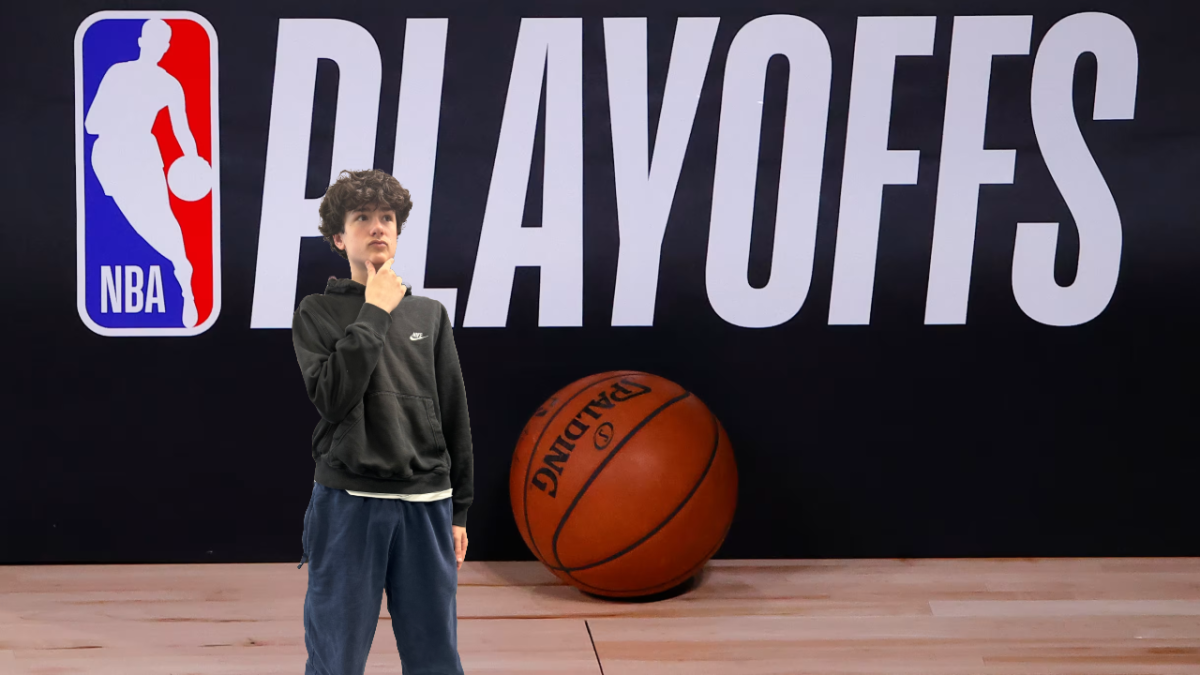In Oklahoma, students participating in extracurricular activities are required to partake in random drug testing. There’s been a recurring argument that drug testing shouldn’t be allowed for school or extracurricular activities around the country. But I strongly disagree.
Students participating in extracurricular activities such as sports should be drug tested. By signing up for a sport, you are committing to obey the rules of the game. Athletes have a bad reputation for taking performance enhancement drugs in the modern age. If you play a sport that primarily relies on contact, for example football, then not only are you harming yourself by using drugs, but you can just as much be hurting your peers around you as well as your own teammates. Drugs can make you stronger, making it easier to unintentionally hurt someone else. When a student athlete gets caught with drugs, it results as a problem for an entire team. They can get suspended, kicked out of games, cause forfeits, or cause searches of every player. This can all be avoided if every student is required to take a drug test because fewer students would take the drugs knowing they could get caught.
One argument is that if the drug is medically prescribed, it’s okay. The popular drug referred to in these cases is medical marijuana. An article written by Tom Kelly for the Education Commission of the States, talks about the laws for medical marijuana in Illinois, Colorado, Maine and New Jersey:
- Students using medical marijuana products must have a valid medical recommendation
- Only non-smokable marijuana products may be administered on school grounds
- Only parents, legal guardians, or primary caregivers may administer the substance
- Students cannot be punished for marijuana use on school grounds
Medical marijuana is said to help with pain relief, nausea and vomiting, appetite stimulation, MS symptoms, Epilepsy and seizures, anxiety and insomnia, and other potential uses for Tourette Syndrome and Crohn’s disease. Sometimes, students need this to get through their everyday lives and they should not be tested if an administrator sees a valid recommendation from a doctor. Random drug testing avoids conflict if a student shows proof, and fishes out the students who do it without proof.
Not only do high school athletes get drug tested, so do Olympians. Any athlete “participating at an event or competition sanctioned” by the United States Olympic and Paralympic Committee will be drug tested. Due to the United States Anti-Doping Agency, there are both in competition and out-of-competition drug tests for athletes. Drug testing happens either through urine or blood tests and they are notified by a doping control officer. After testing positive on drug tests, it’s most likely that they will be disqualified or suspended.
In one landmark Supreme Court case of BOE of Independent School District No. 92 of Pottawatomie County v. Earls in 2002, two students and their parents argued against the school for drug testing athletes. They said it violated their Fourth Amendment right for protection against unreasonable searches. The Court of Appeals soon held that the policy did in fact violate their fourth amendment. According to an article by Oyez, which is a publisher of Supreme Court cases, “The appellate court concluded that before imposing a suspicionless drug-testing program a school must demonstrate some identifiable drug abuse problem among a sufficient number of those tested, such that testing that group will actually redress its drug problem, which the School District had failed to demonstrate.”
The Supreme Court held that the drug testing policy was constitutional. The nine judges; Rehnquist, Stevens, O’Connor, Scalia, Kennedy, Souter, Thomas, Ginsburg, and Bryer ruled that students in extracurricular activities had a reduced expectation of privacy and that the school had a legit interest in preventing drug use. The impact of this case expanded schools’ authority to implement suspicionless drug testing policies for students involved in non-athletic extracurricular activities. The bottom line is, students should be drug tested for extracurricular activities because they know what they are signing up for.






